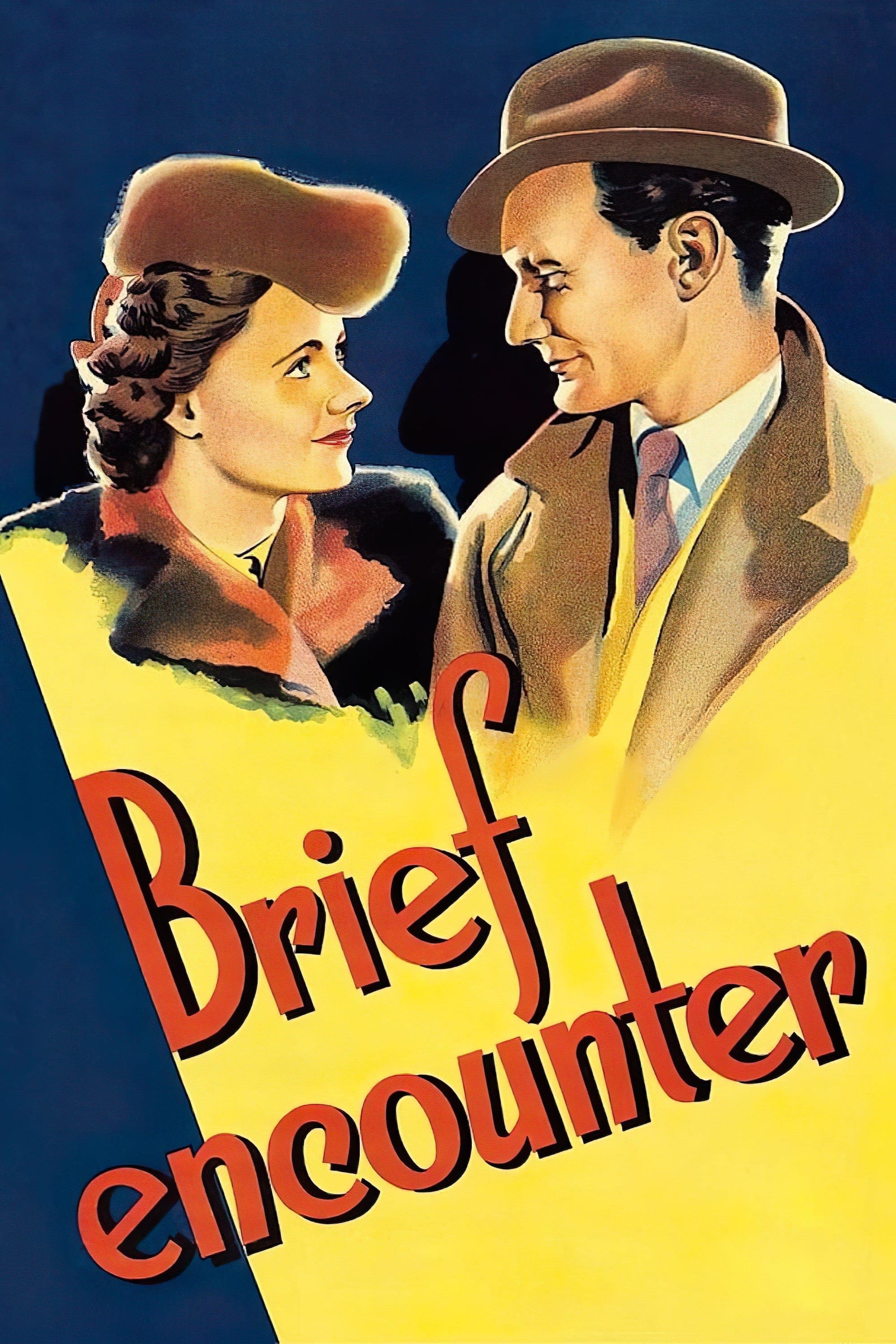
Brief Encounter
1945
Rate this movie
Average: 0.00 / 5
(0 votes)
Director
Lean, still in his early career, drew this film from a play by Coward and sought to transpose its twilight and decadent atmospheres onto film. An operation far from straightforward, given Coward's mastery in condensing the British soul into sharp dialogues and vibrant subtexts, and the inherent challenge of translating refined theatrical stasis into the fluid dynamics of cinema. Lean, here in his third feature film as a solo director, already demonstrates his rare ability to delve into psychologies, even without yet displaying the visual sumptuousness that would make him famous. The original title of the play, "Still Life," resonates as an omen of the protagonists' static existence, an inner immobility destined to be shaken by a fleeting encounter.
The result was a subdued work, where the passion of the two protagonists is almost whispered, enveloped in the grey of the metropolis and finally dissolved into nothingness. But it is precisely in this expressive modesty that its poignant strength lies, a cinematic lesson on the power of the implicit, of the unspoken, of the desire that lurks in the most discreet gestures and the most reticent gazes. Robert Krasker's black and white, sublime and melancholic, is not a mere stylistic choice but a lens through which to filter the suffocating existence of Laura Jesson, a middle-class housewife living in an England still prostrated by post-war austerity. The dense and almost palpable smoke enveloping Milford Junction train station, a crossroads of destinies and a symbol of transit, becomes a visual metaphor for the impossibility of a love that cannot take root, destined to vanish like a wisp of smoke. And above all, like an overwhelming and cathartic wave of melancholy, stretches the hypnotic melody of Sergei Rachmaninoff's Piano Concerto No. 2, which is not mere musical accompaniment, but becomes a character in itself, an inner voice of the protagonists, a sonic manifestation of unconfessable torment and voluptuousness, elevated to cosmic drama.
The story is of two ordinary people who meet by chance and fall in love. Laura (Celia Johnson, with a vibrant and contained intensity) and Alec (Trevor Howard, in his austere but palpable integrity) are archetypes of an era, yet at the same time universal characters. They are not extraordinary figures, romantic heroes; they are the man and woman next door, caught in the everydayness of their bourgeois existence. And it is precisely this "ordinariness" that makes their brief and illicit passion so extraordinarily empathetic and painful. The film does not judge them, but observes them with an almost ethnographic tenderness.
She leads a life where routine dictates every moment and where her husband and family are her only plausible horizon. Laura is a prisoner of a comfortable but suffocating existence, defined by the rituals of a Thursday afternoon shopping in town, by managing a loving but unexciting family. Her first-person narration, a voice-over that is both confession and self-analysis, introduces us directly into the labyrinth of her consciousness, allowing the audience to perceive every tremor, every hesitation, every glimmer of forbidden joy.
When the opportunity arises to overturn everything, she succumbs to an ephemeral yet so deliciously sinful love story. It is not sin in the biblical or puritanical sense, but the transgression of the most deeply entrenched social taboo of the era: the sanctity of the marital union. Their flirtation, punctuated by chance encounters in smoky cafes and walks in the rain, is a crescendo of emotional intimacy that transcends the bounds of what is permissible, not with fanfare, but with an intensity that burns beneath the ashes.
A work studded with small daily joys, backlit love, gentle emotionality, sober emotions. It is a cinema of subtraction, where an accidental touch of hands, a prolonged gaze, an embarrassed smile in a dark cinema, take on the specific gravity of an entire declaration of love. Lean captures the essence of a passion that cannot explode, but manifests itself in those fleeting, delicate moments stolen from routine, like flowers blooming in the frost.
David Lean confirms himself as a director attentive to the moral aspect underlying every story told by his camera: marital infidelity is depicted in an era where the sacrifice of every woman for her family was the insistent message emanating from every field of communication. It is 1945, England is recovering from years of war that imposed a rigid sense of duty and social responsibility. The female figure, in particular, was caged into predefined roles of wife and mother, guardian of the hearth and morality. Lean neither condemns nor absolves, but investigates with a rare empathy the complexity of a choice, the inner struggle between individual desire and social imperative. The direction is never didactic, but invites the viewer to grasp the nuances of a society where the "stiff upper lip" – the impassive British composure – hid abysses of emotion and renunciation.
The fact that the two lovers decide to part ways after their “brief encounter” guides the message into a morally institutional framework, without denying the fleetingness and beauty of what existed between them. This conclusion, far from being a moralistic compromise, proves to be an act of profound dramaturgical and psychological coherence. Their separation is not dictated by external coercion, but by a painful, lucid awareness of the impossibility of a happiness that would destroy not only their lives, but those of innocent people. It is the triumph of reason and duty over feeling, an act of sacrifice that elevates their story beyond mere infidelity, transforming it into an ode to dignity and a sense of responsibility. This bitter but necessary ending is what makes "Brief Encounter" a timeless masterpiece, a precursor to works on the melancholy of lost opportunity such as Wong Kar-wai's "In the Mood for Love," where the beauty of what didn't happen and the power of memory far outweigh the materiality of a consumed love. The renunciation does not diminish their bond, but eternalizes it, crystallizing it into a pure and untouchable memory.
A silently voluptuous memory, a smile fading from view, is all that remains of that overwhelming moment of madness. And precisely in that smile, in that suppressed tear, in that hand resting fleetingly on the shoulder, lies the legacy of a film that taught cinema the inexhaustible power of the unspoken, the elegance of emotional modesty, and the poignant beauty of a love that, to live eternally, had to die.
Main Actors
Country
Gallery
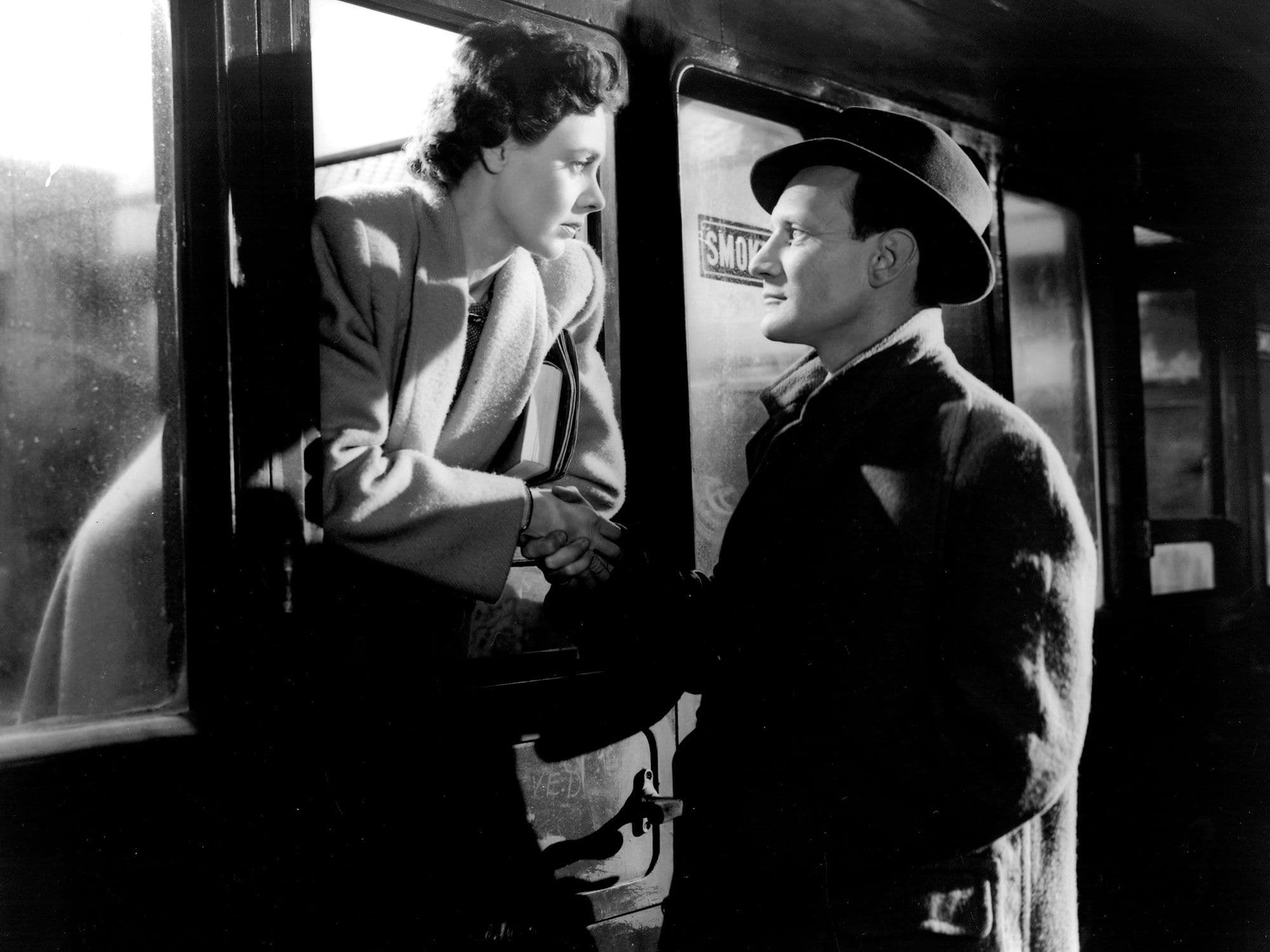
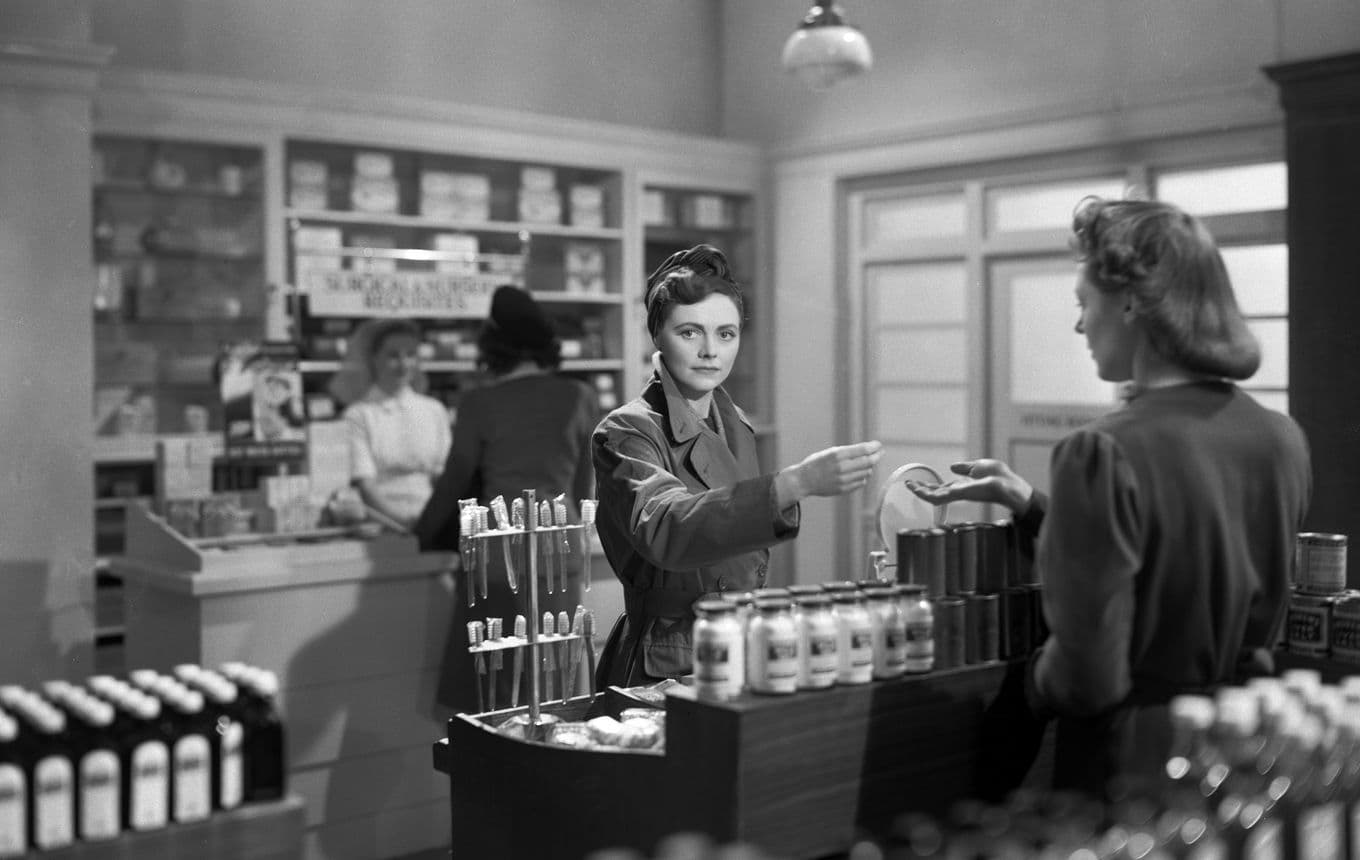
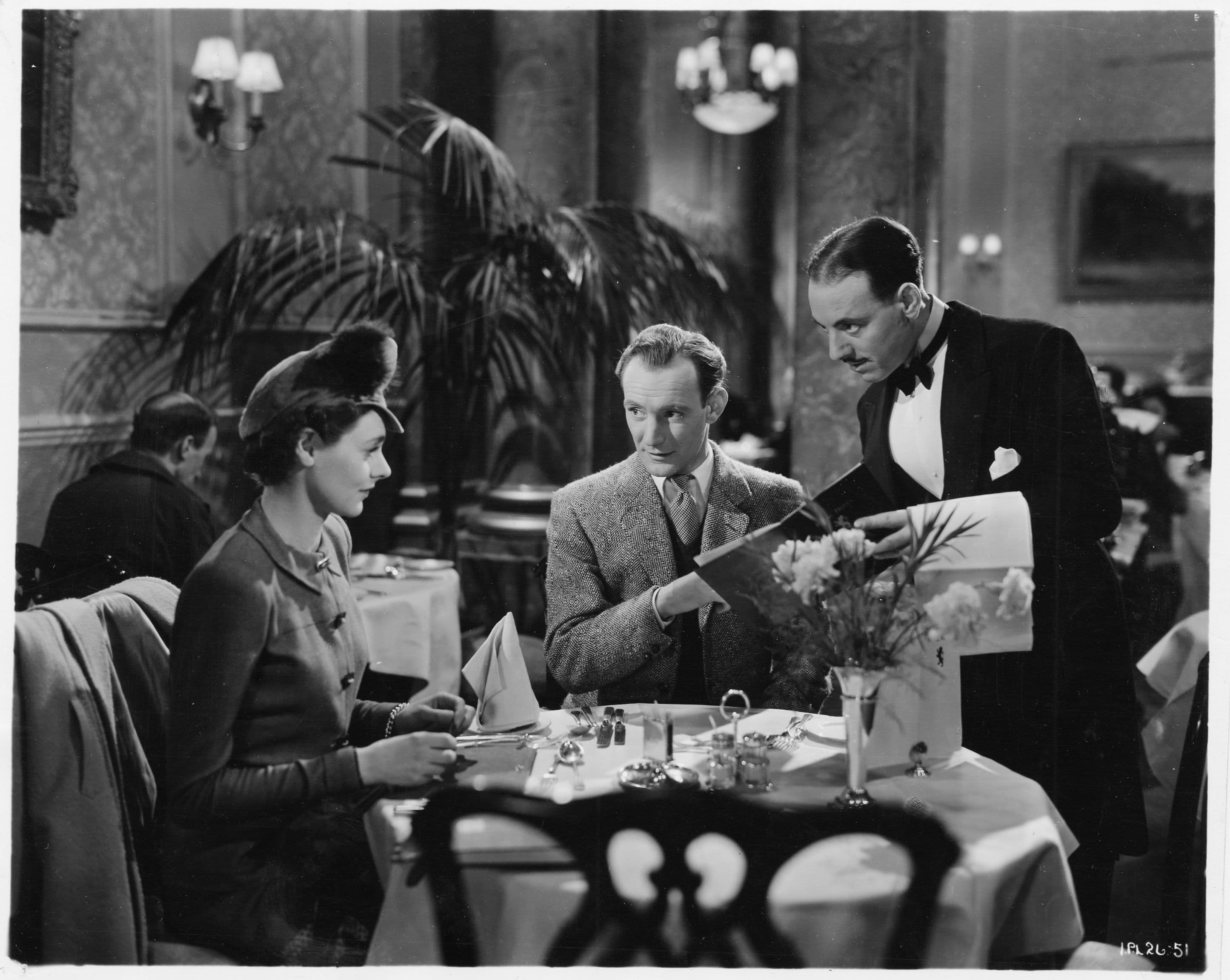

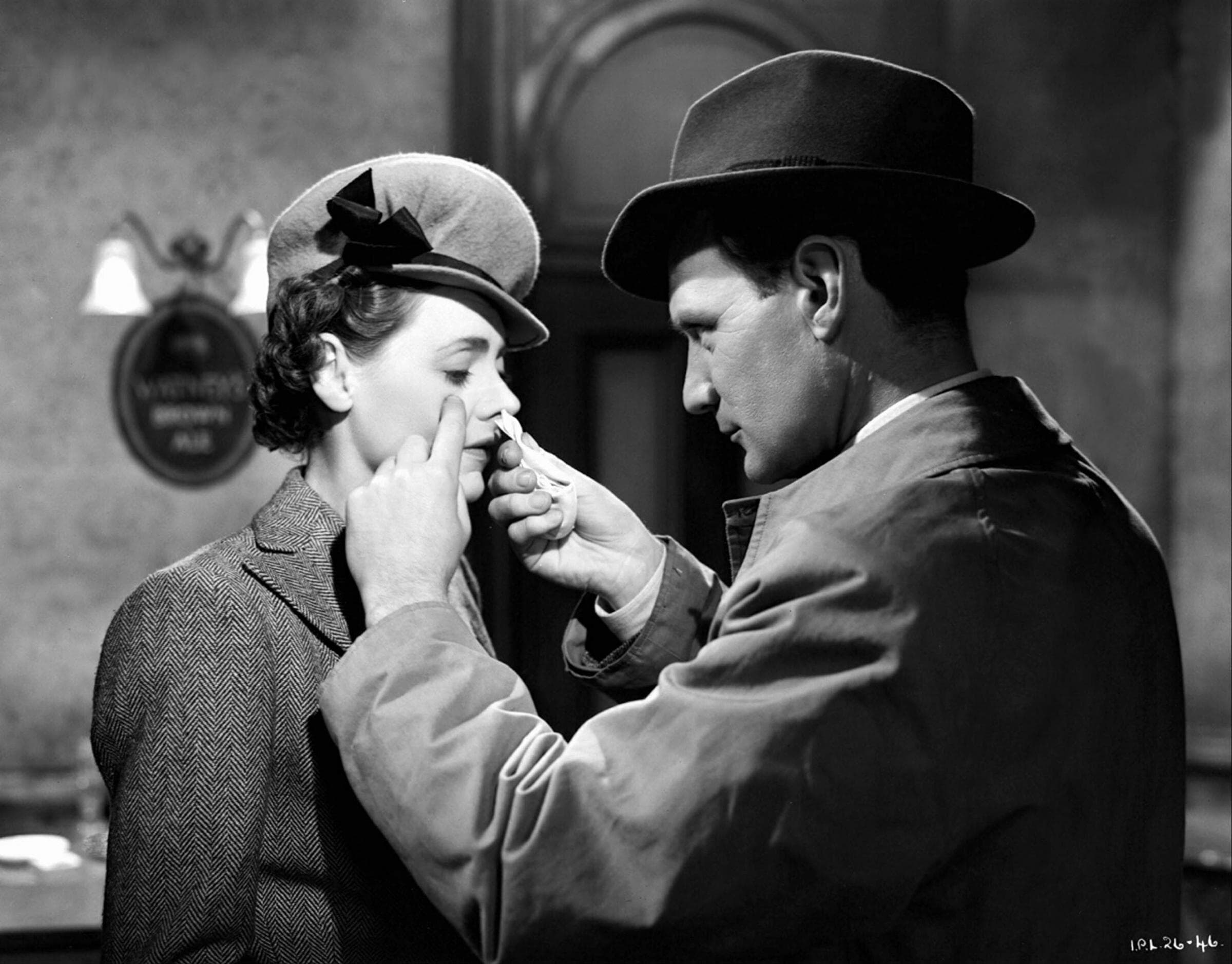
Featured Videos
Official Trailer
Comments
Loading comments...